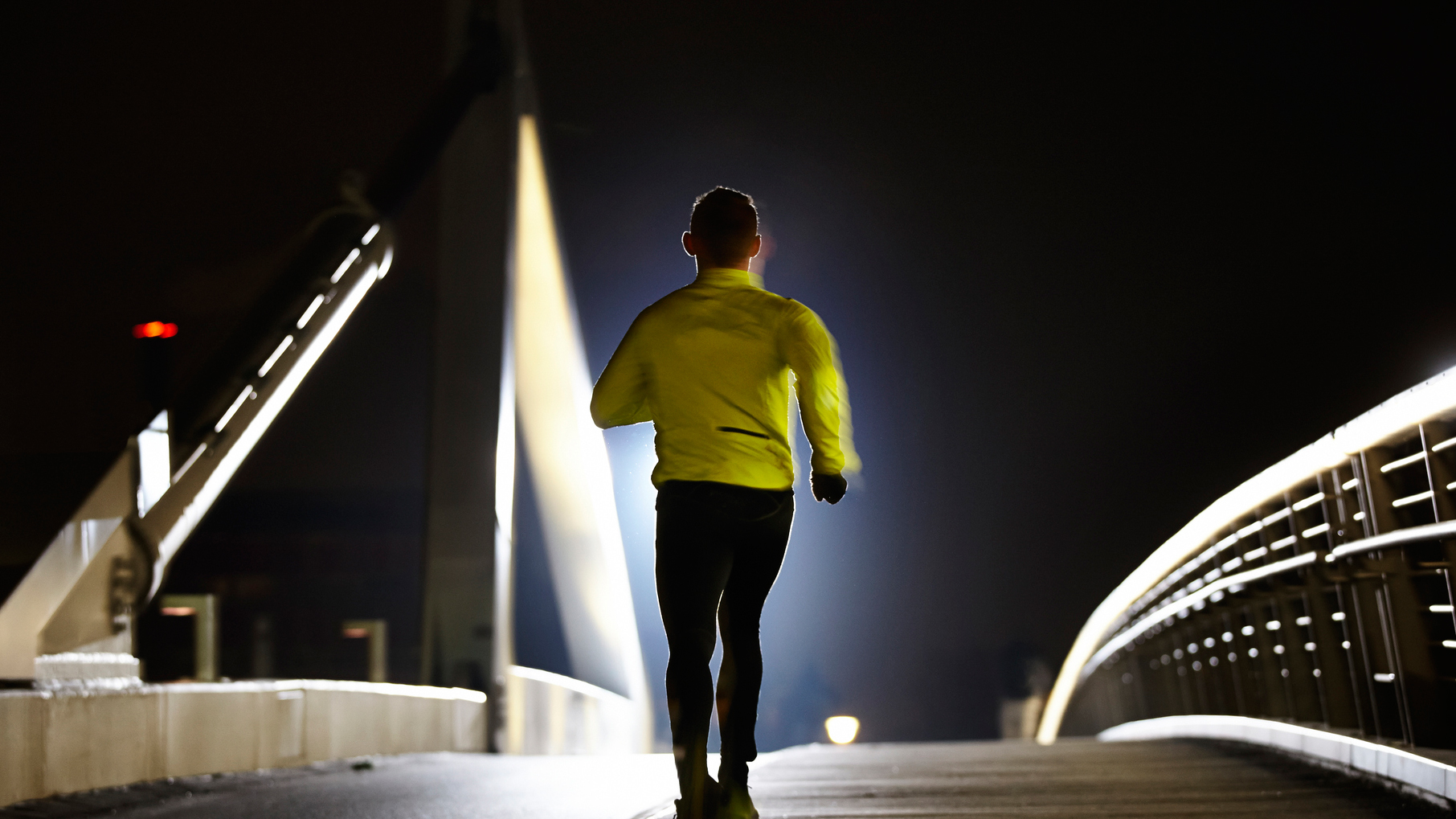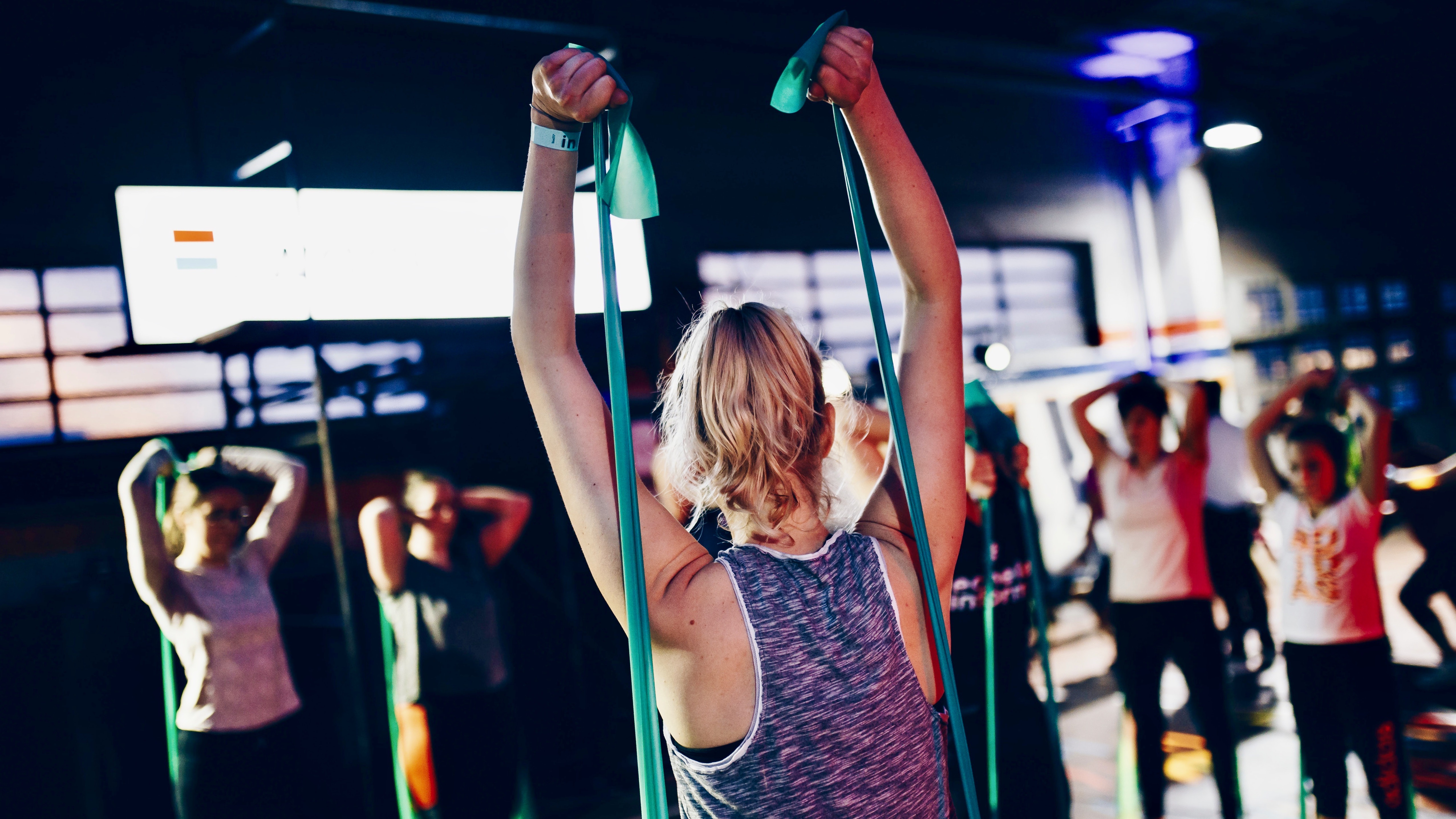When should I work out for better sleep – morning, evening or night?
The best time to work out for better bedrest revealed by science – plus more ways to improve your sleep


Start your week with achievable workout ideas, health tips and wellbeing advice in your inbox.
You are now subscribed
Your newsletter sign-up was successful
Working out helps you sleep better – that much is a given. Expending energy during the day means you'll get better bedrest at night, as your body has to recover from the effort of exercise.
Whether you're hitting the gym in the morning, using the best adjustable dumbbells at home after work, or going running at night, exercise is generally a good thing: you're getting active, losing weight, or working on your endurance. However, there could be such a thing as optimum timings when it comes to working out to get better sleep.
Research from scientists at Concordia University analysed data from 15 previously published studies to try and identify patterns between people who worked out for a single session and how that session affected their sleep.
Melodee Mograss, a cognitive neuropsychologist, wrote: "When we reviewed the literature on this work, we found that there were a lot of mixed results. Some depended on the time of exercise, others on the fitness level of a study's participants, or even the type of exercise."
However, the researchers eventually found that when exercise ended two hours before bedtime, there were noticeable sleep benefits across the board. This included a faster onset time of sleep, and longer sleep duration. Want to fall asleep quickly and sleep longer, deeper and better? Work out – and finish – at least two hours before sleep, and do so at a moderate-to-intense effort.

More ways to improve your sleep
If you're still struggling to fall asleep, a calming lavender scent can also help you drift off. It's not pseudoscience: one study found lavender scents improved sleep hygiene in college students. You can place a dab of lavender oil on the pillowcase, or disperse it into the air with one of the best diffusers for essential oils. Get comfy too, with our list of the best mattress toppers.
Pick your diet carefully, too: excessive portions of junk food in the evening are only likely to cause gastro-intestinal distress overnight. Eat smaller, easily-digested healthy meals in the evening to ensure your sleep isn't disturbed. Almonds, oats, poultry and even cheese – which has traditionally been thought to give you nightmares – actually contain sleep-promoting tryptophan, which can help your bedrest.
Start your week with achievable workout ideas, health tips and wellbeing advice in your inbox.
When you work out, make sure you factor in resistance training too: One study found lifting weights improved the quality of sleep in a large sample size of German adults.
Matt Evans is an experienced health and fitness journalist and is currently Fitness and Wellbeing Editor at TechRadar, covering all things exercise and nutrition on Fit&Well's tech-focused sister site. Matt originally discovered exercise through martial arts: he holds a black belt in Karate and remains a keen runner, gym-goer, and infrequent yogi. His top fitness tip? Stretch.
